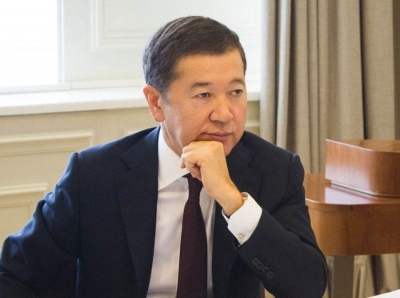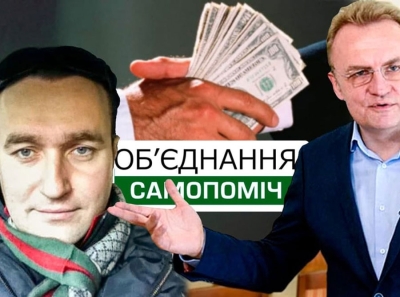Spain: EU Council presidency during election campaign
Spain took over the rotating EU presidency from Sweden on 1 July. But from the outset, the country’s snap parliamentary elections set for 23 July and the possibility of a change of government are dominating the agenda. Commentators stress the importance of the EU presidency and that it will suffer as a result of the rivalry between the major parties.
Significant reforms on the agenda
The agenda for the next six months is a tough one, notes El País:
“This is a moment of extraordinary importance when we must not limit ourselves to routine day-to-day business. ... The clear priority is to push for Ukraine’s integration into the EU. ... A Europe with more than 30 members is unthinkable without a reform of the voting system: this seems to be the concrete goal of the summit on 6 October in Granada. The summit with the Community of Latin American and Caribbean States, CELAC, will also be a highlight, and the immigration pact seems to be well on its way since the last summit, where Warsaw and Budapest were in the minority, without even Italy’s support.”
Parties feuding instead of focusing on presidency
El Periódico de Catalunya criticises that the two major parties are focusing on the election campaign instead of cooperating responsibly regarding the EU presidency:
“There were high expectations for the Spanish presidency because it is the last full term before the European elections in spring 2024. ... It would have made sense if the two major parties had agreed on at least a minimum agenda. But they didn’t even try. [Socialist Prime Minister Pedro] Sánchez accuses the PP of boycotting his initiatives in Brussels and [PP leader Alberto Núñez] Feijóo complains of a total lack of information. The real problem is that both accusations are probably true and likely the unfortunate consequence of their polarisation into two opposing blocs.”









